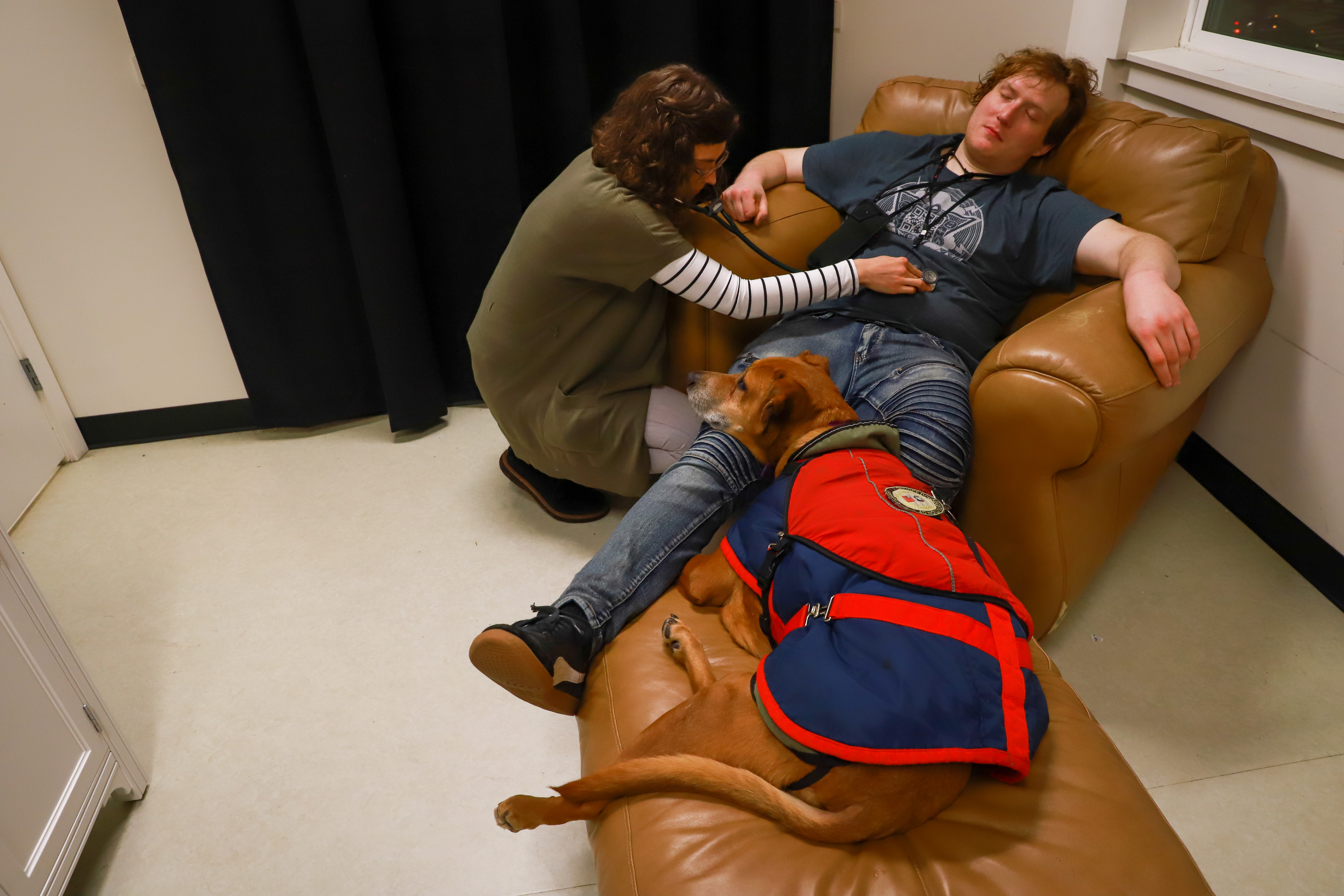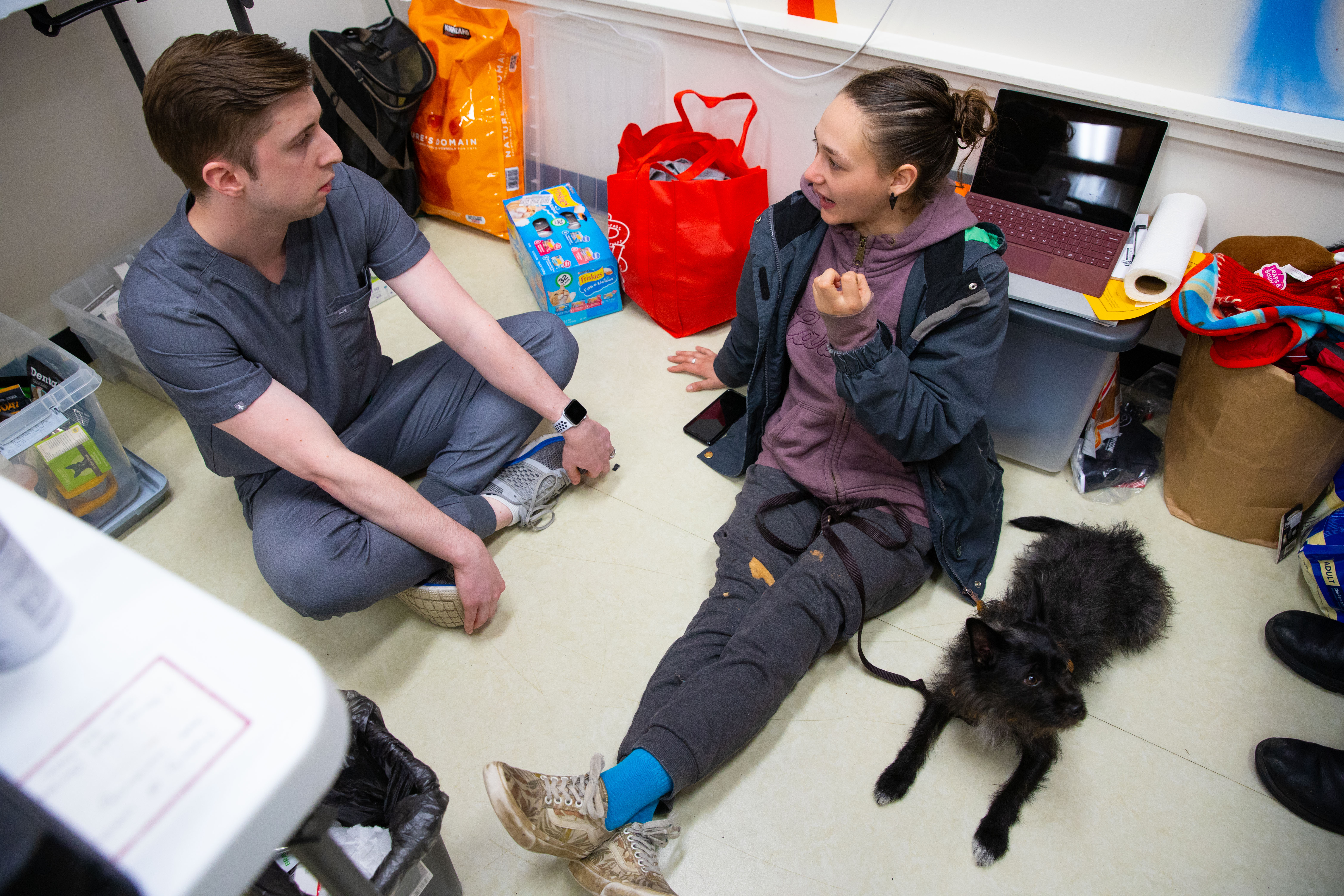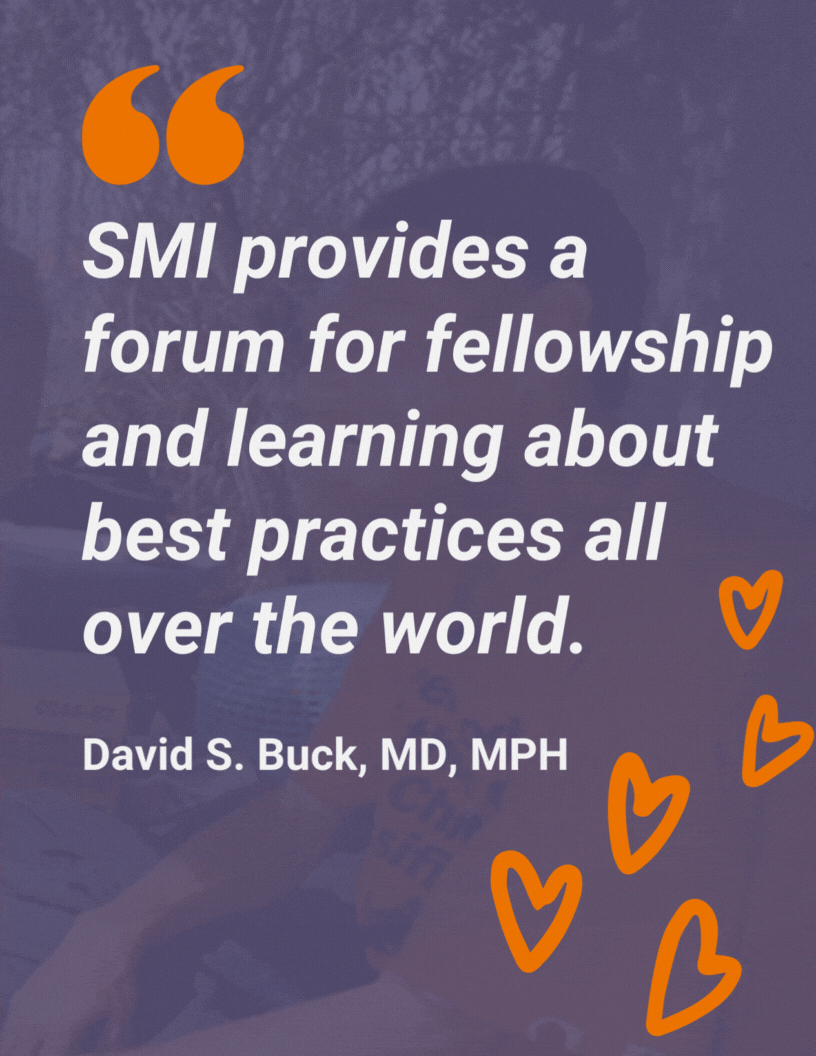Treating the Human-Animal Unit with the One Health Clinic Model
 For those of us who work with and within communities experiencing homelessness, we know the value that a companion animal (or emotional support animal or service animal) can have for someone living unhoused. That animal may be the sole trusted companion, and the one who does not judge and loves unconditionally. It may be the one who provides a purpose in life, whether it is something to care for, get out of bed for, or survive for. As someone once told us, “[My pet] is just real happy just to see me exist.”
For those of us who work with and within communities experiencing homelessness, we know the value that a companion animal (or emotional support animal or service animal) can have for someone living unhoused. That animal may be the sole trusted companion, and the one who does not judge and loves unconditionally. It may be the one who provides a purpose in life, whether it is something to care for, get out of bed for, or survive for. As someone once told us, “[My pet] is just real happy just to see me exist.”
These animals may also be the reason some people remain unsheltered as some communities do not allow co-sheltering, or perhaps the animal does not fare well with other animals in congregate settings. What it comes down to is that owners will often place the needs of their animals before their own needs.
The One Health Clinic model builds on the fact that owners may source healthcare for their animals before accessing healthcare for themselves. Our goal is to leverage the human-animal bond to improve healthcare outcomes for both owner and pet. This unique model of care started in Seattle in 2018 and expanded to New York City (in collaboration with Street Dog Coalition) in 2023.
At One Health Clinics, veterinarians and human medical professionals work together to understand the needs of the individual and their pet(s). The unified healthcare plan created includes steps for both the owner and the animal’s health, as the health of one is inextricably tied to the health of the other.
 While the current clinics are not “Street Medicine” at its truest definition, since these clinics occur within spaces at shelters, the One Health Clinic model is absolutely applicable to the Street Medicine format. Logistically, adding veterinary teams into existing Street Medicine teams would be easy! As our Director of Veterinary Care Dr. Katie Kuehl says, “I can just put everything into a backpack and go!”
While the current clinics are not “Street Medicine” at its truest definition, since these clinics occur within spaces at shelters, the One Health Clinic model is absolutely applicable to the Street Medicine format. Logistically, adding veterinary teams into existing Street Medicine teams would be easy! As our Director of Veterinary Care Dr. Katie Kuehl says, “I can just put everything into a backpack and go!”
Leading with veterinary care can help connect people to healthcare, particularly those who have not had positive healthcare experiences in the past. “Our team builds trust with the clients, so they are more comfortable accessing healthcare,” says Dr. Kuehl. “When the person cares for themself, they can better meet the needs of their pet as well as access other services to move toward housing stability.” In the first year of the One Health Clinic running in Seattle, our human healthcare partners, Federally Qualified Healthcare Center, Neighborcare Health, reported a 32% increase in patient numbers, and those were pet owners who had not received human healthcare in the past 2 years.
About One Health Clinic
The One Health Clinic started as a partnership between the University of Washington Center for One Health Research and Washington State University College of Veterinary Medicine to explore integrated human and veterinary healthcare for people experiencing homelessness. The Seattle clinic started in 2018 with Neighborcare Health as the human healthcare partner, and is held at New Horizons, a youth and young adult shelter and service provider.
The One Health Clinic team created an online toolkit so people in other communities can design integrated healthcare clinics. The toolkit can be found at www.onehealthclinic.org. This free toolkit offers guidance for organizations at all stages of clinic development – from initial meetings to logistics. The team is working with pilot sites across the country to launch One Health Clinics.
Utilizing the toolkit, Breaking Ground in New York City started the One Health Clinic-NYC in January 2023 with human healthcare provided by Janian Medical Care and veterinary care provided by Street Dog Coalition’s NYC Team. The Clinic is held at Seafarers Safe Haven, a transitional housing unit.


